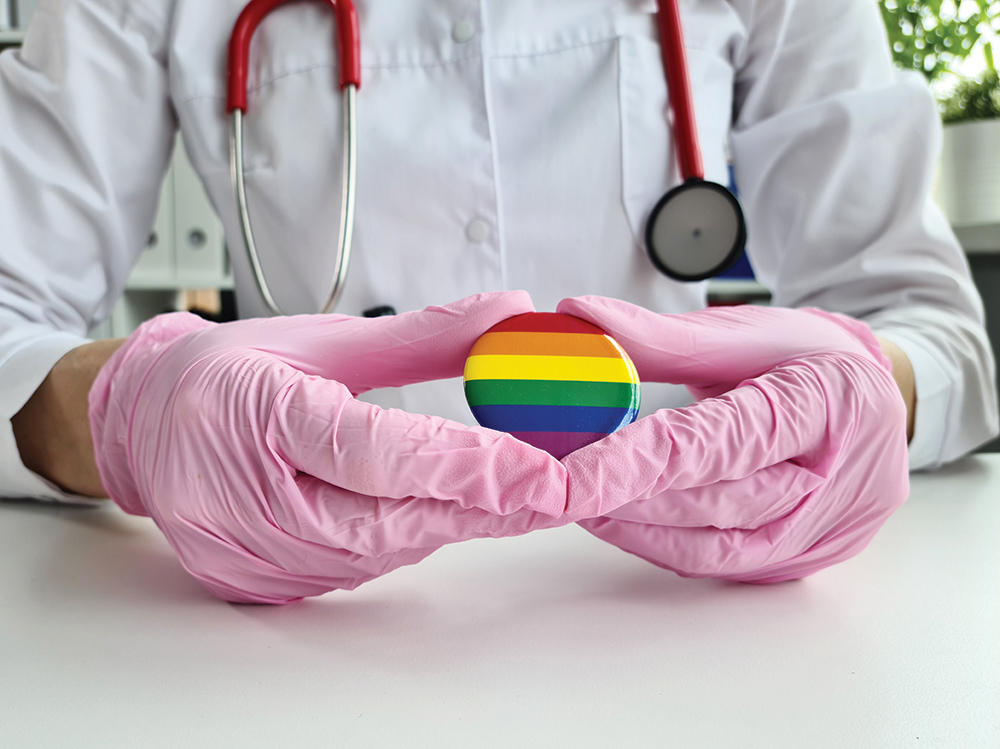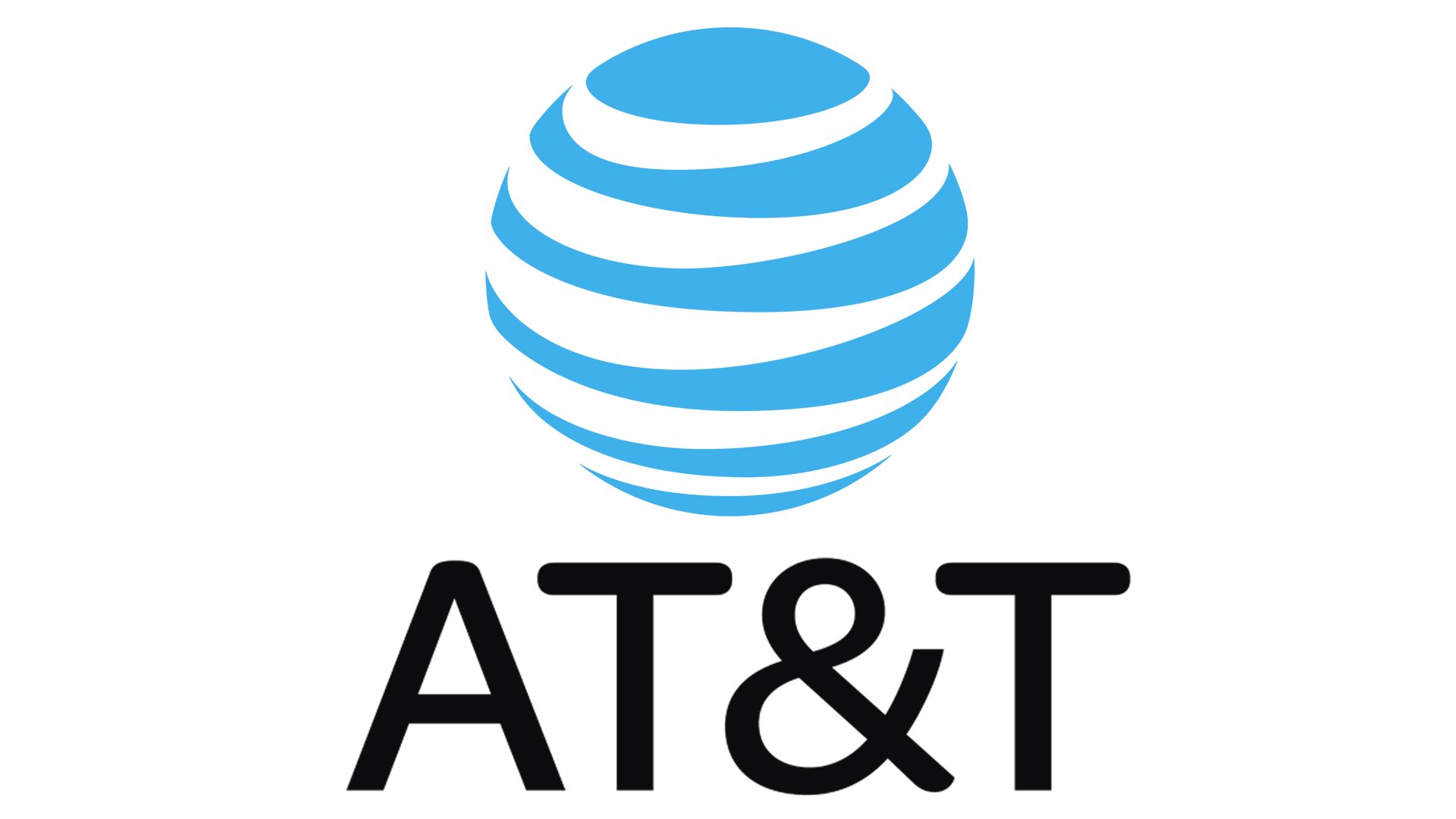“You mean you have never been on birth control?!” My provider looked at me almost flabbergasted by my response to the canned question on her health assessment form. I was a 24-year-old cis white lesbian who was coming in for a pap smear. She asked the same question about 2–3 times to confirm. She then went into another question about sexual history and didn’t understand how to proceed with information about sexual and reproductive health without talking about what medication to take. It didn’t line up with the training she had as a provider.
Pronouns Are Just the Beginning
Even if that provider had went to a one-hour LGBTQ+ ally training and used my pronouns correctly, she still didn’t understand how to have a basic conversation with me about what she means by “sex,” how I want to engage in “family planning” without birth control, and so on. And I’m a cis white woman with many privileges. Although I am part of the LGBTQ+ community, I can understand how people (even those from our community) can get lost in terminology, in saying the right thing, in identifying accurate anatomy, in understanding how the queer community builds families and lives and bodies.
Recently there is more pressure for health providers to wear, for example, pronoun pins or rainbows on ID badges. It is trendy to use terms like “queer” correctly, and the LGBTQ+ community has become more mainstream in pop culture and media representation. However, performative allyship is also on the rise.
“Virtue signaling” is a term used when an ally will name drop or word drop to show that they “know” the queer community, but they still have major gaps in their knowledge and skills related to LGBQT+ patients. Or they may have had one trans patient or attended a training or even a course so they can put “LGBTQ+ friendly” on their profile. There is an urge amid mainstream providers to want to be well versed, and their healthcare systems and hospitals may even require it.
Progress Not Perfection
There have been important strides to integrate LGBTQ+ Health into the health sciences curricula, into the clinical experiences, into the hospital accreditation. There are awards that healthcare organizations can receive that index their commitment to LGBTQ+ Equality, and there are more clinics that explicitly serve LGBTQ+ folks. Because of these exemplars, now many other “unusual suspects”—individuals and healthcare systems—are motivated to educate themselves and participate in training.
This is an exciting, hopeful time for allies—who now know they are invited to the party of social justice, and we need them. That is all good. I have pronoun pins that I give to providers; I lead trainings for LGBTQ+ Health; I consult with providers who want to do better by the LGBTQ+ community.
There is still a need for queer providers. Providers that don’t just state they are LGBTQ+ friendly, but are actually a part of the community. And it’s becoming harder and more frustrating to differentiate between them. When I want a therapist or primary provider, I want to know if that person is from the queer community—I want to know they have had similar lived experiences—including having their own queer relationships and queer families and histories.
Rainbow Washing
The clueless, rainbow sticker-using, cis white hetero people are willing and needing more information about communities that are not their own, but they need to be aware of their own limitations. For example, they don’t need to be in every space and every conversation. Sometimes I just want a queer provider, and it’s getting harder to find them amid the sea of rainbow stickers everyone is wearing.
Don’t get me wrong: I love the clueless cis white hetero person who approaches me and wants a book club or training to make the world better for queer people and BIPOC people and Queer POC people and people who don’t look and love like they do. There is still a conversation when a new queer person moves to a community where they are looking for queer-identified people not only to socialize with, but as providers.
And yes, there are now full national directories where providers can state their skill sets, including serving LGBTQ+ populations. The directories are usually dependent on who fills it out, how they self identity (or don’t) and what boxes they check. However, as a queer person, I just sometimes want to know if the person identifies as queer, and many profiles still do not have that option. The best way, still, to find queer providers is to ask the queer community for queer providers.
This happens in the more informal queer spaces—on the queer email lists I have been on it is one of the most popular questions over the years. “Where can I find a queer therapist or queer primary provider?” Now that everyone knows they are supposed to say they are LGBTQ+ friendly, it is losing the queer provider category and distinction. We have to make sure these provider directories are well vetted, and that the identifiers are authentic. Otherwise, if a queer person chooses a provider that simply checked a box but does not identify with that community, harm can still be done.
Harm Is Still Done
Providers can have a blank stare still when I say, “No I have never been on birth control AND I’m sexually active.” Therapists can still not understand how division of household labor and communication and family systems work in queer communities. These well-intentioned providers could all have rainbow stickers and pronoun pins and attended all the educational trainings, and there is a place for them still in caring for and with queer populations, but not all queer populations.
Sometimes a queer patient needs a queer person to talk to. It reminds me though, of the tension between allyship and representation. I had a panel once about disability in health care, and someone on the panel identified as deaf. A health sciences student in the audience asked, what can we DO? And her response was, “Get more deaf providers.” It’s not the response I expected because usually panelists talk about more training and education.
And yes, training matters, but it is not enough. We need more out, proud queer providers in health care that we can easily find and utilize. It is not our job to educate all the clueless providers out there, so that responsibility can now depend on cis, white hetero providers who are active allies, co-conspirators, and know their limits. Know they will make mistakes. There is still a need for authenticity, candor, and representation in the queer community, and however much we expand our identities, we still need our own spaces where we can thrive with each other.
Dr. Mel Freitag (she/her) is the Assistant Dean of Diversity, Equity and Inclusion (DEI) Training and Innovation in the College of Letters and Sciences at the University of Wisconsin-Madison. Dr. Freitag serves as a leader and consultant in curriculum development, programming, strategic planning, and engaging in recruitment, retention, and advising initiatives to create equitable and inclusive organizational practices and policies.
























0 Comments